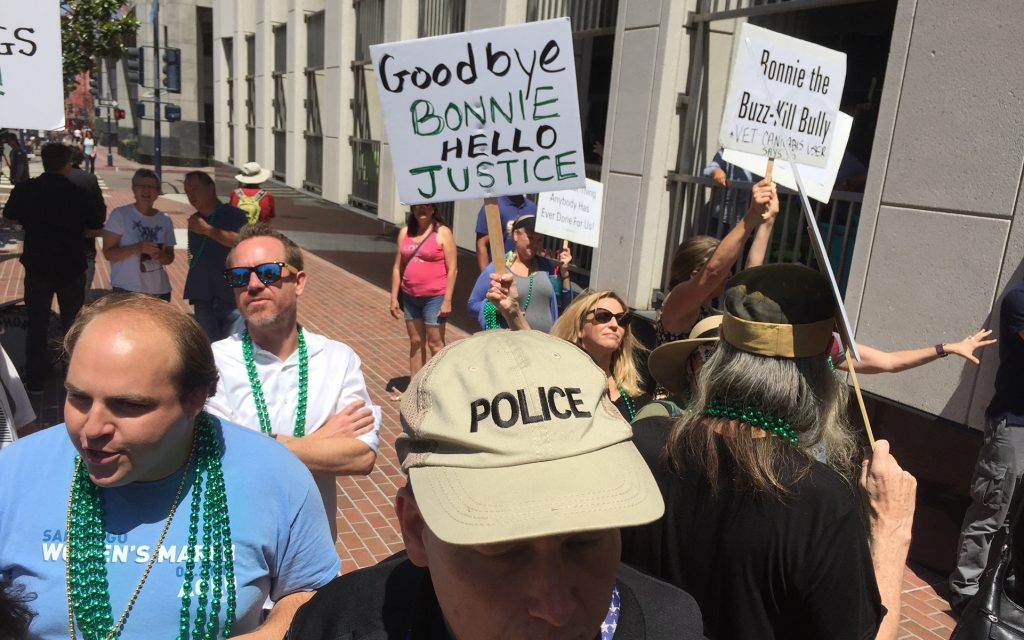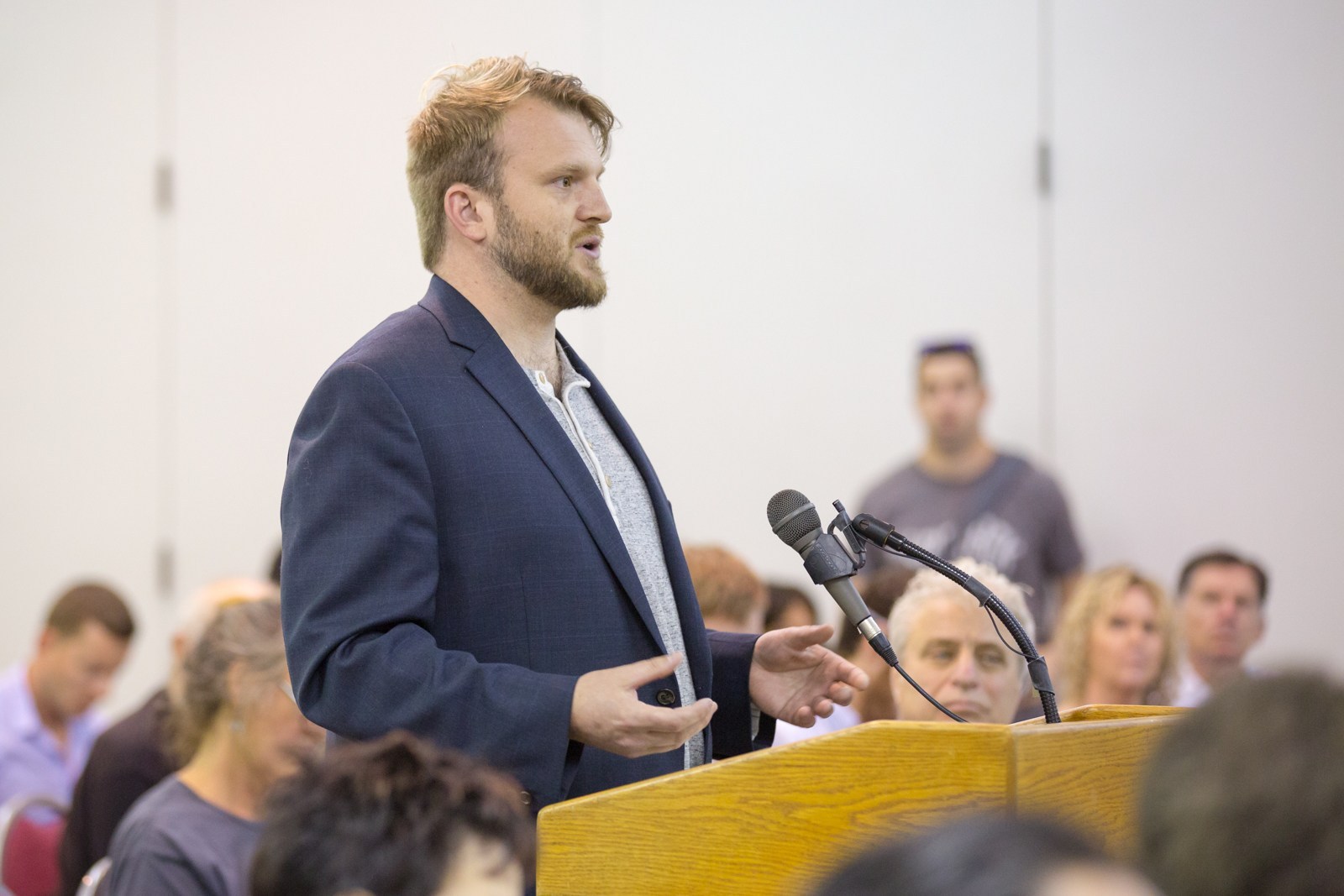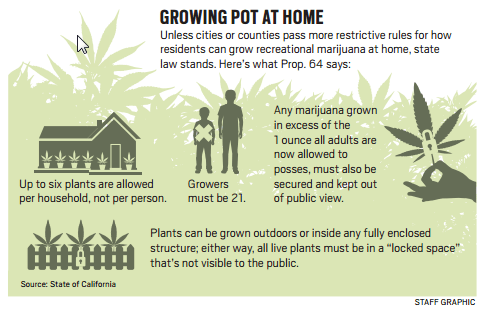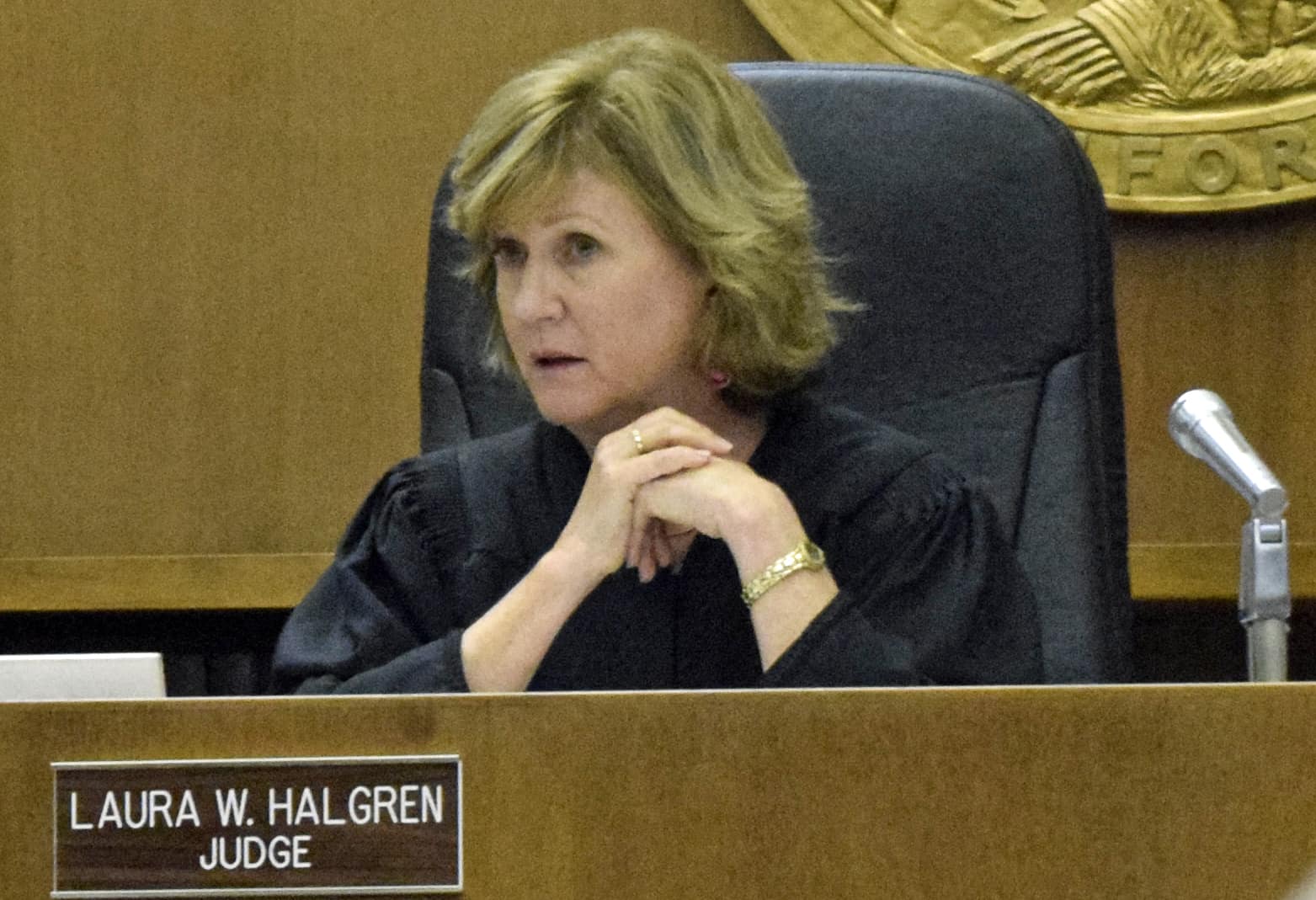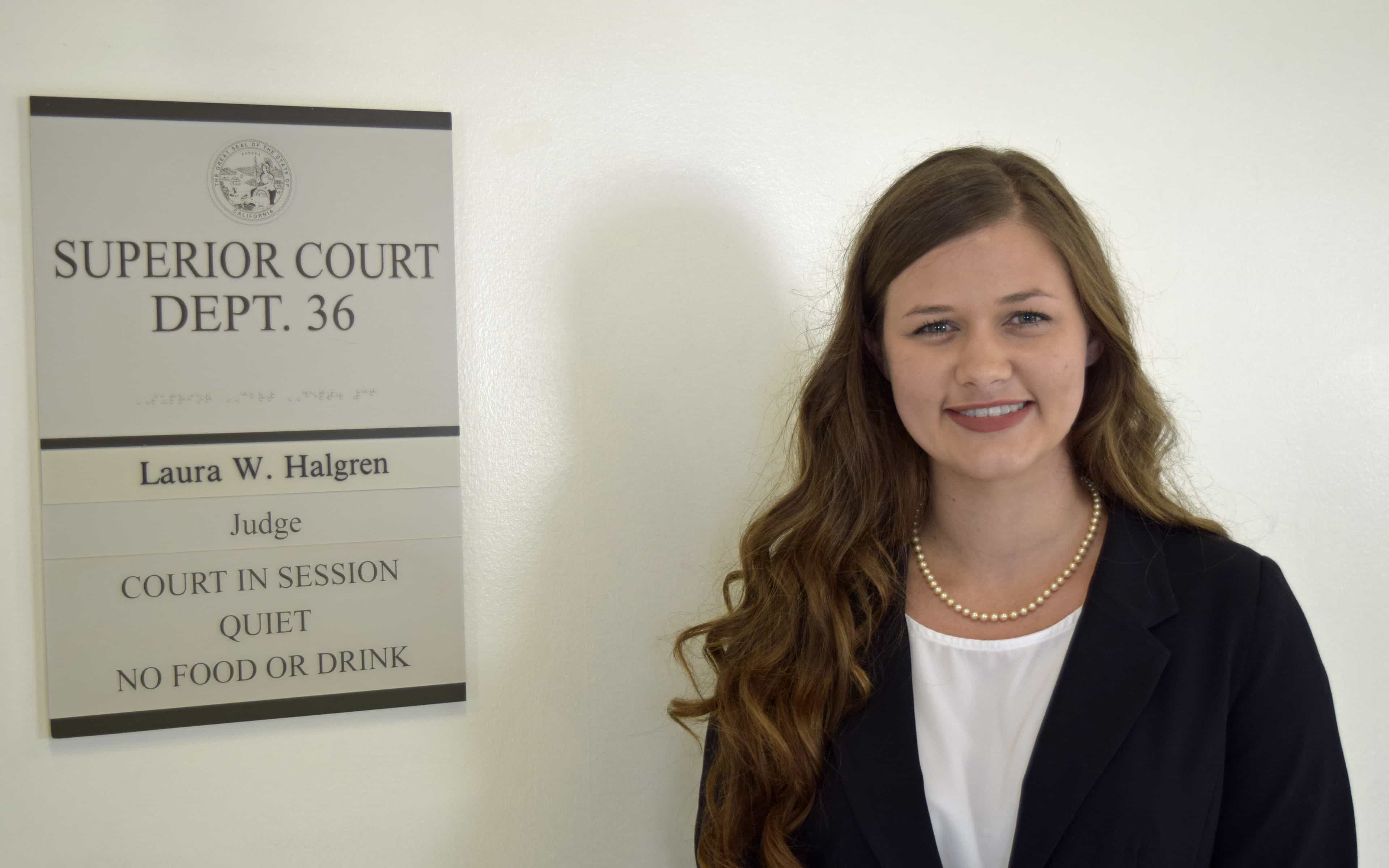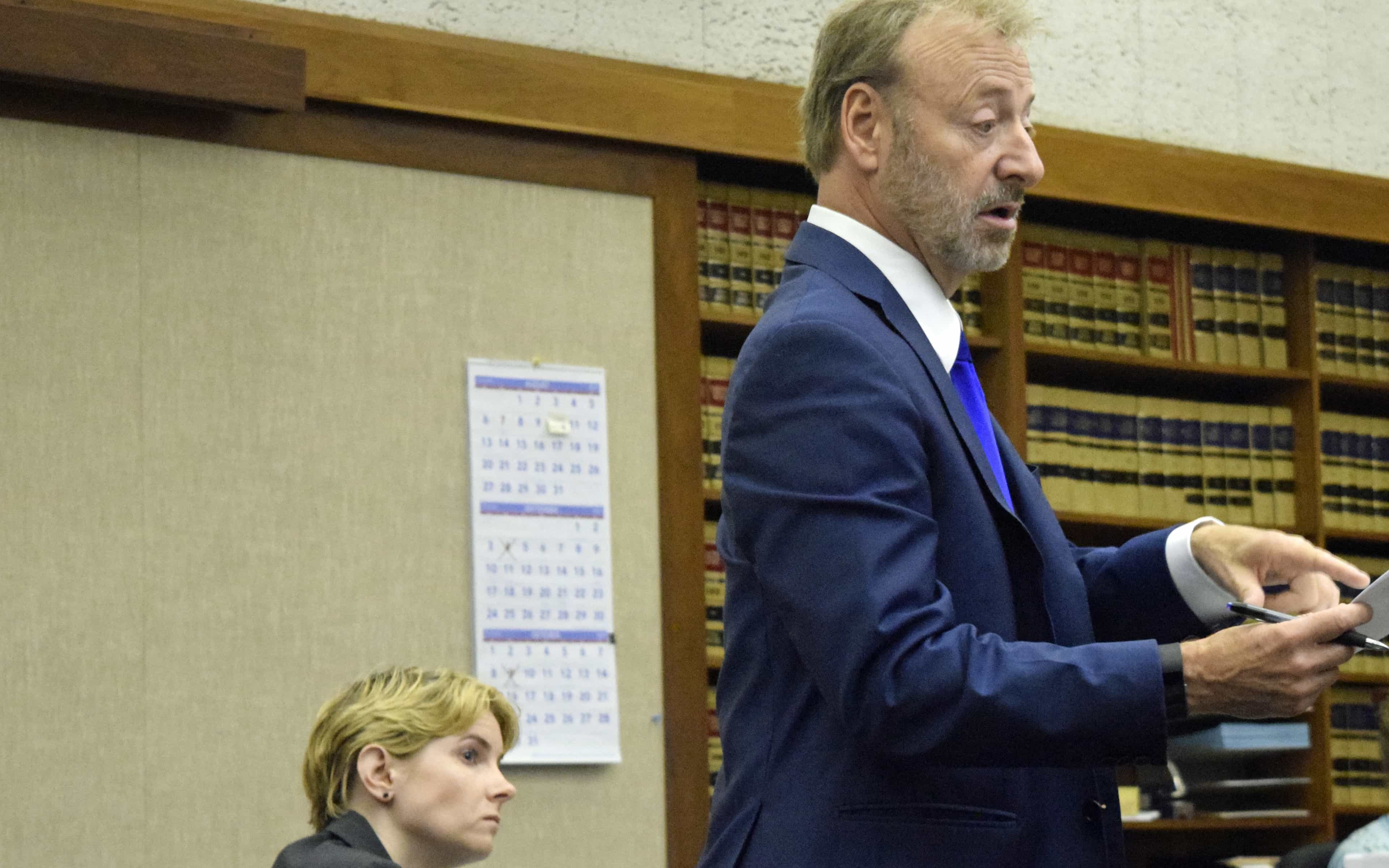Baron23
Well-Known Member
California firms up marijuana rules, will allow deliveries
By Jonathan J. Cooper | AP June 14 at 9:19 PM
SACRAMENTO, Calif. — California would set standards for organic marijuana, allow pot samples at county fairs and permit home deliveries under legislation set to be considered by lawmakers Thursday as the state prepares for next year’s start of legal marijuana sales.
Lawmakers and Gov. Jerry Brown’s administration are working to merge California’s new voter-approved recreational pot law with the state’s longstanding medical marijuana program. They have settled on an array of regulations to protect consumers and public safety while ensuring taxes are collected.
The provisions were tucked into the state budget agreement between Brown and top legislative Democrats announced this week following months of negotiations with businesses operating illegally or in the legal medical marijuana field and investors who want to enter the nation’s largest legal marijuana market.
“One of the biggest challenges we have is taking a multi-billion-dollar industry out of the dark and now into the light,” said Sen. Mike McGuire, a Democrat whose district includes much of Northern California’s prime marijuana growing region.
By 2018, state officials must have crafted regulations and rules governing the emerging legal marijuana market with an estimated annual sales value of $7 billion — ranging from where and how plants can be grown to setting guidelines to track the buds from fields to stores. Full legal sales are expected to roll out later in the year.
In general, the state will treat cannabis like alcohol, allowing people 21 and older to legally possess up to an ounce of marijuana and grow six marijuana plants at home.
The budget agreement includes $118 million to pay for startup costs for the newly regulated industry, including technology and staff to work on regulations and issue licenses. The state will open a tax office in the remote region north of San Francisco so marijuana businesses can pay their taxes in cash without having to drive long distances with thousands of dollars.
Because marijuana remains illegal under federal law, pot businesses generally cannot open bank accounts, conduct credit card transactions or otherwise use the federally regulated banking system.
The legislation outlines baseline rules for marijuana businesses and was crafted to promote a new artisanal industry in a state that has embraced craft beer and small wineries.
It would require state regulators to come up with rules for marijuana producers to call their goods organic — an important designation for California consumers that cannot be used on pot under federal rules. The state would also create standards for official marijuana varietals and growing regions, known as appellations, so craft producers can distinguish their products based on the unique strain and growing conditions like winemakers do.
With temporary licenses from the state, businesses would be allowed to sell pot and provide samples at county fairs, regional agricultural associations and cannabis festivals.
Growers would be allowed to form agricultural cooperatives without running afoul of antitrust laws. Businesses would be able to legally grow, distribute and sell their own product, though firms performing safety tests will have to be independent, with no financial ties to growers or retailers.
Keeping an open container of marijuana in a vehicle would be illegal like it is for alcohol in California, except for people with a medical card or doctor’s note.
Brown and lawmakers agreed to allow sellers with no public storefronts to deliver marijuana directly to customers.
“There are thousands of businesses currently engaged in this type of commerce,” Hezekiah Allen, executive director of the California Growers Association. “The more of them that can get licensed, the better off the state is going to be, the faster we’ll be able to get rid of the criminal element and the faster we’ll be able to make sure the product is safe and tested.”
Seems to be a very reasonable approach, no?
By Jonathan J. Cooper | AP June 14 at 9:19 PM
SACRAMENTO, Calif. — California would set standards for organic marijuana, allow pot samples at county fairs and permit home deliveries under legislation set to be considered by lawmakers Thursday as the state prepares for next year’s start of legal marijuana sales.
Lawmakers and Gov. Jerry Brown’s administration are working to merge California’s new voter-approved recreational pot law with the state’s longstanding medical marijuana program. They have settled on an array of regulations to protect consumers and public safety while ensuring taxes are collected.
The provisions were tucked into the state budget agreement between Brown and top legislative Democrats announced this week following months of negotiations with businesses operating illegally or in the legal medical marijuana field and investors who want to enter the nation’s largest legal marijuana market.
“One of the biggest challenges we have is taking a multi-billion-dollar industry out of the dark and now into the light,” said Sen. Mike McGuire, a Democrat whose district includes much of Northern California’s prime marijuana growing region.
By 2018, state officials must have crafted regulations and rules governing the emerging legal marijuana market with an estimated annual sales value of $7 billion — ranging from where and how plants can be grown to setting guidelines to track the buds from fields to stores. Full legal sales are expected to roll out later in the year.
In general, the state will treat cannabis like alcohol, allowing people 21 and older to legally possess up to an ounce of marijuana and grow six marijuana plants at home.
The budget agreement includes $118 million to pay for startup costs for the newly regulated industry, including technology and staff to work on regulations and issue licenses. The state will open a tax office in the remote region north of San Francisco so marijuana businesses can pay their taxes in cash without having to drive long distances with thousands of dollars.
Because marijuana remains illegal under federal law, pot businesses generally cannot open bank accounts, conduct credit card transactions or otherwise use the federally regulated banking system.
The legislation outlines baseline rules for marijuana businesses and was crafted to promote a new artisanal industry in a state that has embraced craft beer and small wineries.
It would require state regulators to come up with rules for marijuana producers to call their goods organic — an important designation for California consumers that cannot be used on pot under federal rules. The state would also create standards for official marijuana varietals and growing regions, known as appellations, so craft producers can distinguish their products based on the unique strain and growing conditions like winemakers do.
With temporary licenses from the state, businesses would be allowed to sell pot and provide samples at county fairs, regional agricultural associations and cannabis festivals.
Growers would be allowed to form agricultural cooperatives without running afoul of antitrust laws. Businesses would be able to legally grow, distribute and sell their own product, though firms performing safety tests will have to be independent, with no financial ties to growers or retailers.
Keeping an open container of marijuana in a vehicle would be illegal like it is for alcohol in California, except for people with a medical card or doctor’s note.
Brown and lawmakers agreed to allow sellers with no public storefronts to deliver marijuana directly to customers.
“There are thousands of businesses currently engaged in this type of commerce,” Hezekiah Allen, executive director of the California Growers Association. “The more of them that can get licensed, the better off the state is going to be, the faster we’ll be able to get rid of the criminal element and the faster we’ll be able to make sure the product is safe and tested.”
Seems to be a very reasonable approach, no?
